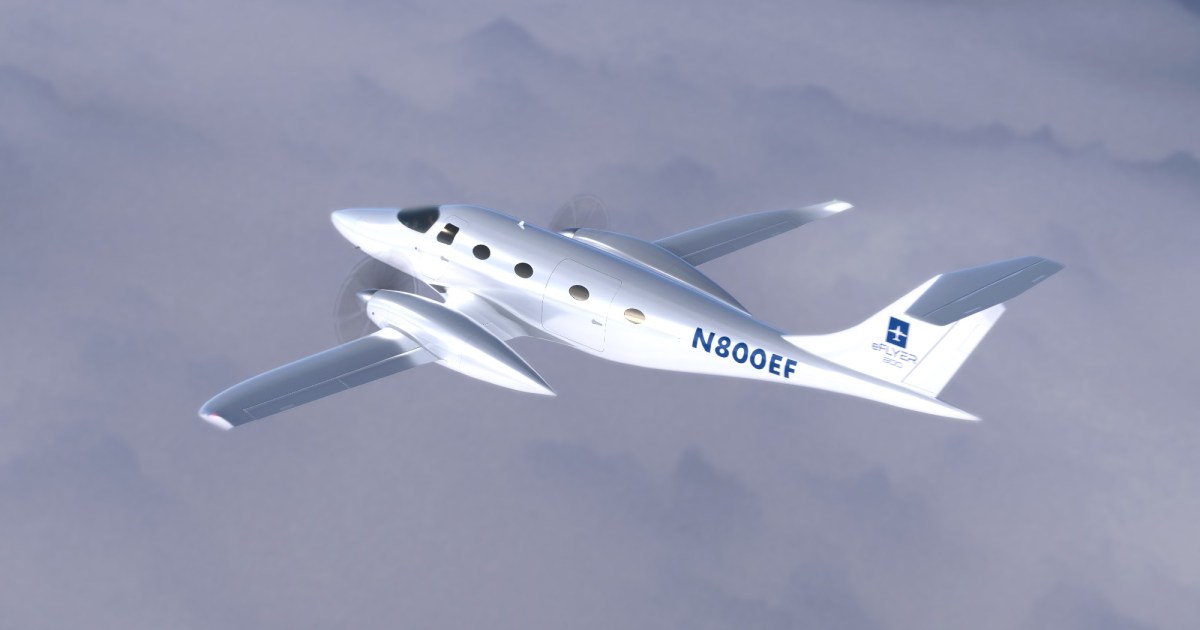MIflyer
1st Lieutenant
From Avweb
Rolls-Royce's "Spirit of Innovation" has officially become the world's fastest all-electric aircraft with the recent confirmation of two speed records. Now verified by the Fédération Aéronautique Internationale (FAI), the aircraft was recorded at 555.9 km/h (345.4 MPH) over 3 kilometers (1.86 miles), 213.04 km/h (132 MPH) faster than the previous record-holder. It also completed a 15 kilometer (9.32 mile) run at an average speed of 532.1km/h (330 MPH), breaking the prior record by 292.8km/h (182 MPH).
"Achieving the all-electric world-speed record is a fantastic achievement for the ACCEL team and Rolls-Royce," said Rolls-Royce CEO Warren East. "I would like to thank our partners and especially aviation start-up Electroflight, for their collaboration in achieving this pioneering breakthrough. The advanced battery and propulsion technology developed for this programme has exciting applications for the Advanced Air Mobility market."
The record-breaking runs were flown by Rolls-Royce test pilot and director of flight operations Phill O'Dell and Electroflight pilot Steve Jones on Nov. 16, 2021, at the U.K. Ministry of Defence's Boscombe Down experimental aircraft testing site. A third record for the fastest time to climb to 3,000 meters, which Spirit of Innovation reportedly accomplished in 202 seconds, is awaiting verification. Part of Rolls-Royce's Accelerating the Electrification of Flight (ACCEL) project, Spirit of Innovation is an electric version of the Nemesis NXT kit racing plane powered by a 400-kW electric powertrain.

Rolls-Royce's "Spirit of Innovation" has officially become the world's fastest all-electric aircraft with the recent confirmation of two speed records. Now verified by the Fédération Aéronautique Internationale (FAI), the aircraft was recorded at 555.9 km/h (345.4 MPH) over 3 kilometers (1.86 miles), 213.04 km/h (132 MPH) faster than the previous record-holder. It also completed a 15 kilometer (9.32 mile) run at an average speed of 532.1km/h (330 MPH), breaking the prior record by 292.8km/h (182 MPH).
"Achieving the all-electric world-speed record is a fantastic achievement for the ACCEL team and Rolls-Royce," said Rolls-Royce CEO Warren East. "I would like to thank our partners and especially aviation start-up Electroflight, for their collaboration in achieving this pioneering breakthrough. The advanced battery and propulsion technology developed for this programme has exciting applications for the Advanced Air Mobility market."
The record-breaking runs were flown by Rolls-Royce test pilot and director of flight operations Phill O'Dell and Electroflight pilot Steve Jones on Nov. 16, 2021, at the U.K. Ministry of Defence's Boscombe Down experimental aircraft testing site. A third record for the fastest time to climb to 3,000 meters, which Spirit of Innovation reportedly accomplished in 202 seconds, is awaiting verification. Part of Rolls-Royce's Accelerating the Electrification of Flight (ACCEL) project, Spirit of Innovation is an electric version of the Nemesis NXT kit racing plane powered by a 400-kW electric powertrain.

